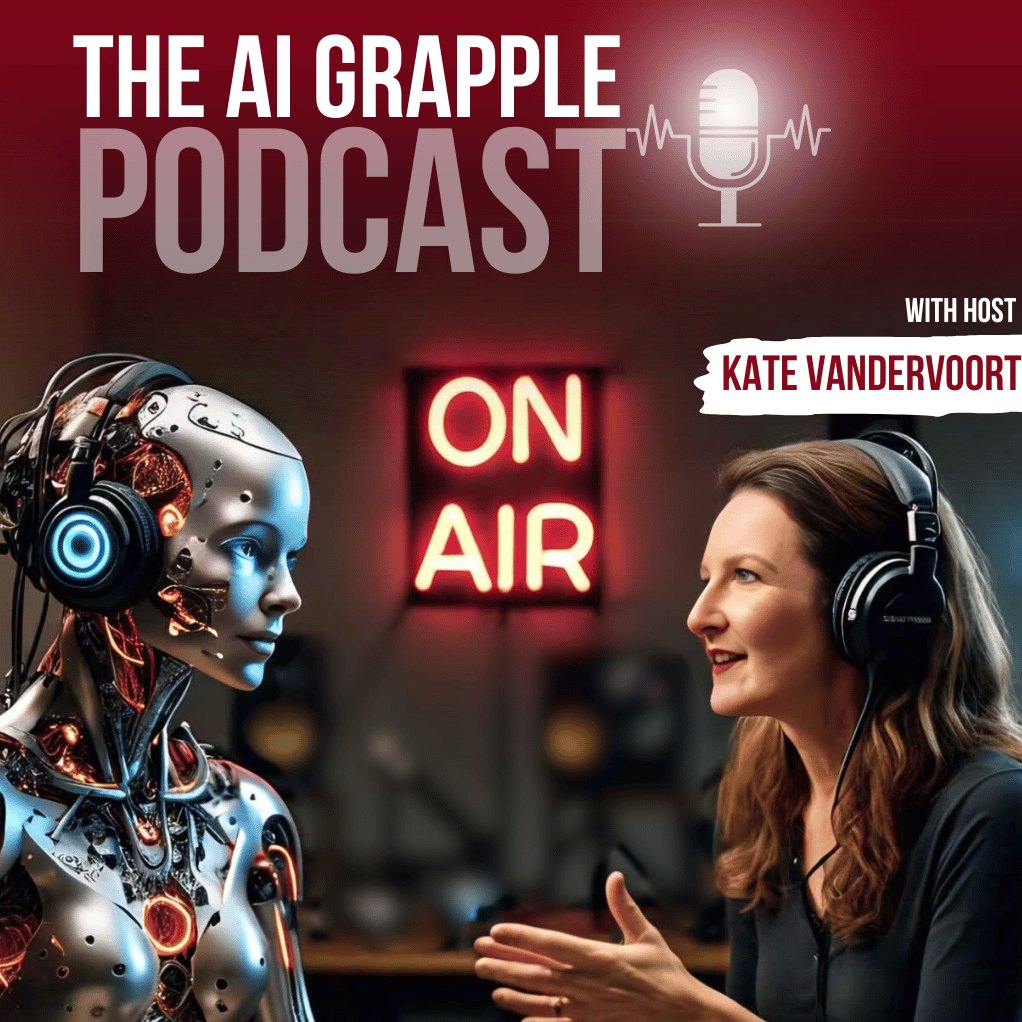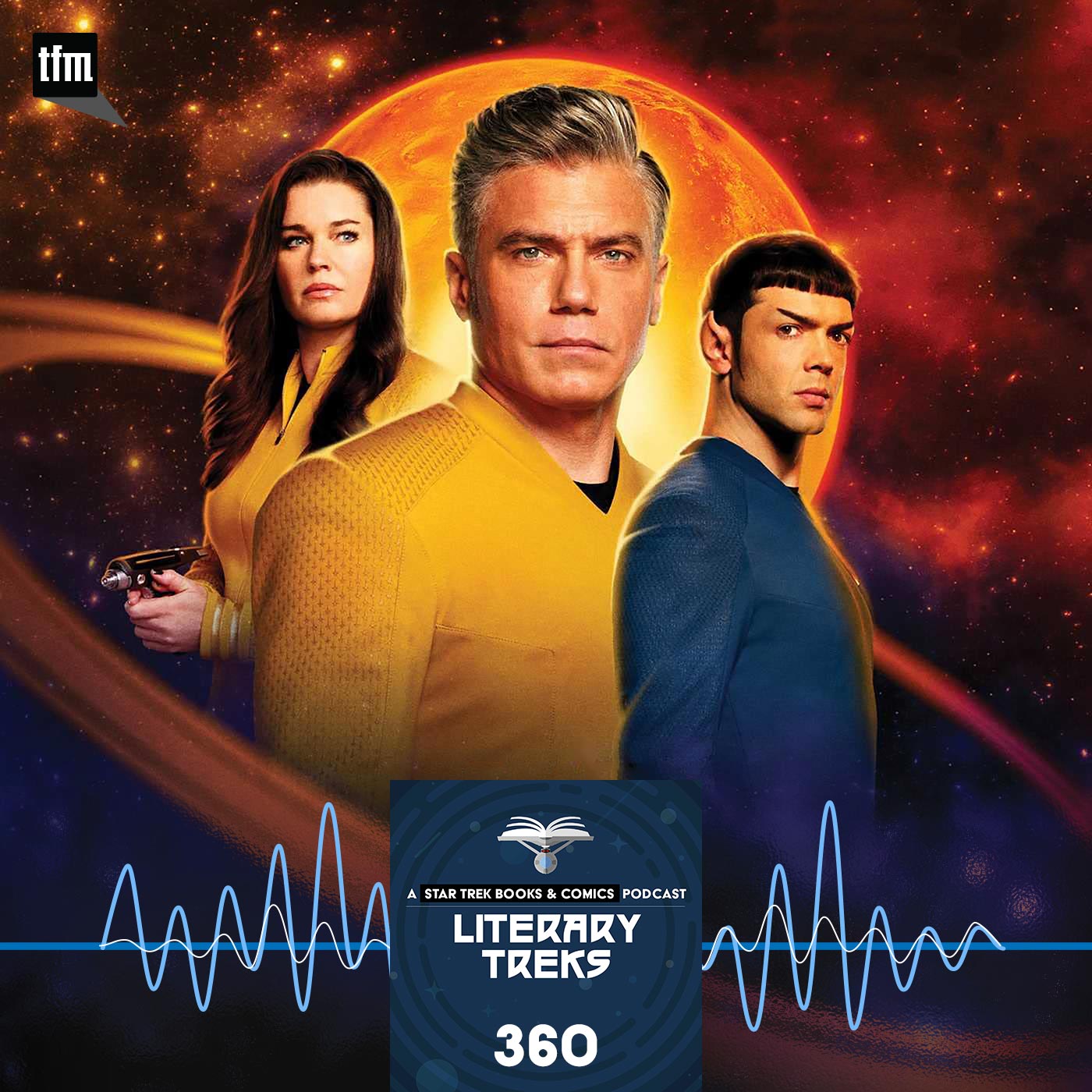Ep 11: Dr. Tobias Fischer on the Future of Robotics and AIIn this episode of The AI Grapple, Kate vanderVoort is joined by Dr. Tobias Fischer, a Senior Lecturer at Queensland University of Technology and a Chief Investigator at the QUT Centre for Robotics. Tobi shares his fascinating journey from a remote town in Germany to becoming a leading figure in AI and robotics in Brisbane. We dive into his passion for robotic vision, the ground breaking work he's doing under the ARC Discovery Early Career Researcher Award, and his involvement in the Reef Restoration and Adaptation Program (RRAP) to help preserve the Great Barrier Reef.
Tobi also discusses the challenges of conducting research in Australia, particularly in light of government funding constraints, and his commitment to mentoring the next generation of researchers, especially women in STEM. This episode provides deep insights into the future of AI and robotics, with practical examples of how this technology is already making a tangible impact in areas like environmental conservation and healthcare.
Key Topics Discussed:
1. Tobi’s Journey from Germany to Australia:
Tobi shares his early life growing up in a remote town in Germany, often referred to as the "Green Heart of Germany" due to its lush forests and minimal industry. He talks about how his teenage fascination with computer games evolved into a deep interest in programming and AI, eventually leading him to pursue a career in robotics. His journey from this small town to becoming a Senior Lecturer and researcher at Queensland University of Technology (QUT) is both inspiring and illustrative of the global nature of technological innovation.
2. The Role of Robotic Vision in Advancing Human-Robot Interaction:
Tobi explains the concept of robotic vision, which involves giving robots the ability to perceive and interpret their surroundings using cameras and other sensors. He discusses how this technology is crucial for enabling safe and intelligent human-robot interactions in real-world environments. He also touches on his PhD work, which focused on perspective-taking in robots—teaching robots to understand and interpret human gaze to enhance communication and cooperation between humans and machines.
3. Ground breaking Research on Energy-Efficient Robot Navigation:
Under the Australian Research Council's Discovery Early Career Researcher Award (DECRA), Tobi is working on developing energy-efficient techniques for robot positioning and navigation, particularly in environments where GPS is unavailable. He describes the challenges and potential applications of this research, such as in mining operations, indoor settings, and underwater environments like the Great Barrier Reef, where traditional navigation methods are not feasible.
4. The Reef Restoration and Adaptation Programme (RRAP):
Tobi is part of the Reef Restoration and Adaptation Programme, a multi-year initiative aimed at preserving the Great Barrier Reef amidst the challenges posed by climate change. He discusses how his team is using robotic vision and AI to identify the best locations to plant coral polyps, ensuring their survival and promoting reef regeneration. This work highlights the intersection of advanced technology and environmental conservation, showcasing how robotics can play a pivotal role in addressing global ecological challenges.
5. Challenges in Conducting Research in Australia:
Tobi talks about the difficulties of conducting cutting-edge research in Australia, particularly due to the country's relatively low government spending on research and development compared to other OECD nations. Despite being awarded the DECRA Fellowship, he acknowledges the broader challenges faced by many researchers in securing funding and the potential long-term impact on Australia's position in the global scientific community.
6. Mentoring and Supporting Women in STEM:
A significant portion of Tobi’s work involves mentoring PhD students, with a special focus on supporting women in STEM. He discusses the importance of tailored mentorship that recognises the unique goals and challenges of each student. Tobi also emphasises the need for visible role models and the creation of inclusive environments where diversity is not only welcomed but seen as essential to the advancement of the field. He shares examples from his own experiences at QUT, where leadership roles held by women have created a supportive atmosphere for female researchers.
7. The Future of Robotics and AI:
Looking ahead, Tobi explores the potential future applications of robotics and AI, particularly in sectors like healthcare, logistics, and environmental conservation. He discusses the challenges of generalising robotic capabilities to diverse and unpredictable real-world environments, such as homes and public spaces. Tobi also speculates on the impact of AI on making robotics more adaptable and accessible, potentially revolutionising industries by enabling more intelligent and responsive robotic systems.
Important Links:
Dr Tobias Fischer website: https://www.tobiasfischer.info
Centre for Robotics, Queensland University of Technology https://qut.edu.au https://qcr.ai
Social Media Links: https://www.linkedin.com/in/tobiasrobotics/
https://x.com/TobiasRobotics
https://scholar.google.co.uk/citations?user=eq46ylAAAAAJ
# Mentoring Women in STEMInitiatives and practices aimed at supporting and advocating for women pursuing careers in science, technology, engineering, and mathematics.







